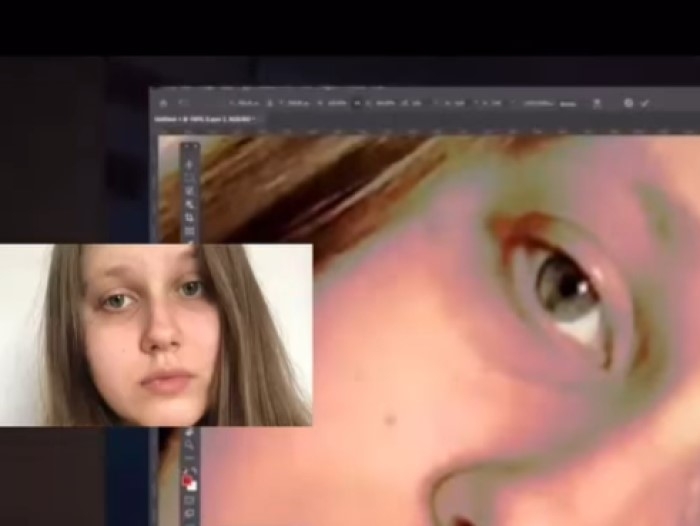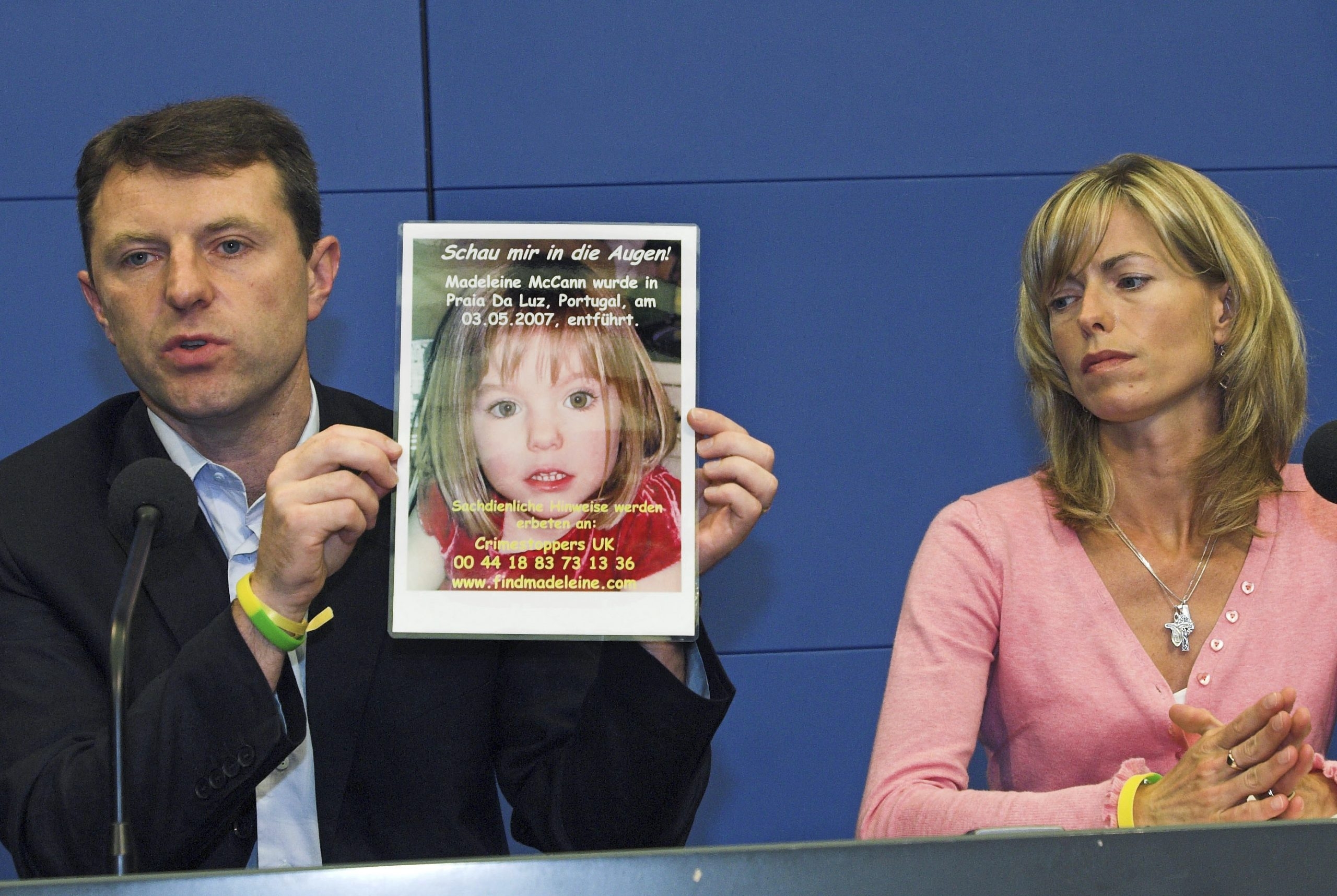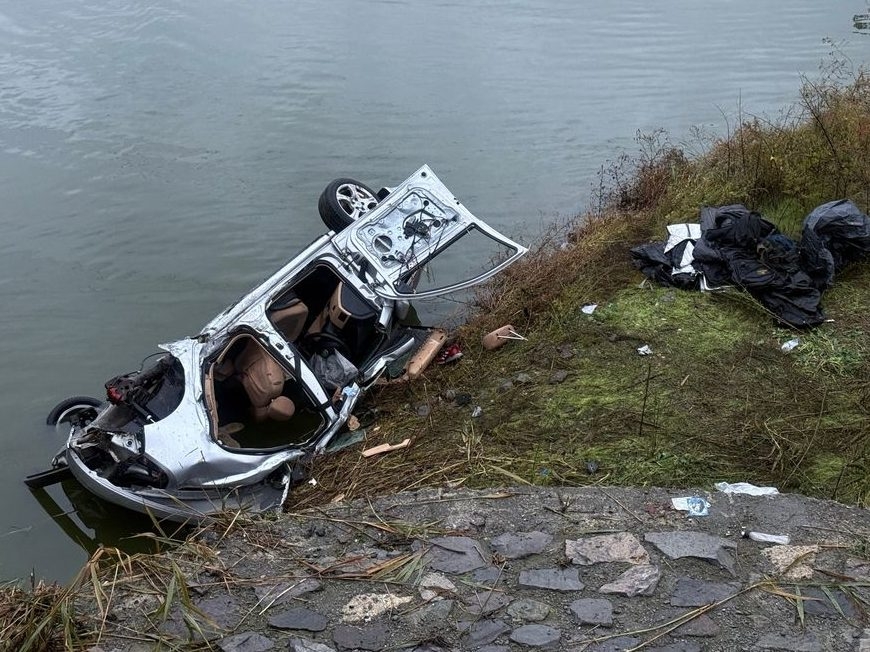A British jury delivered a complex verdict in the case of Julia Wandelt, a Polish woman who publicly claimed to be Madeleine McCann, the world-renowned missing child. While convicted of harassment towards Kate and Gerry McCann, the parents of Madeleine, she was acquitted on the more serious charge of stalking.
Eighteen years have passed since three-year-old Madeleine vanished from her family’s vacation apartment on the Portuguese Algarve coast, igniting an international search that continues to this day. The case has haunted the McCanns, placing them under relentless global scrutiny.
The courtroom was filled with tension as the verdict was read. Wandelt visibly reacted, covering her face in disbelief. Her co-defendant, Karen Spragg, also faced the charges and was found not guilty on both counts, breaking down in tears upon hearing the decision.

The month-long trial brought the McCanns into the public eye, with both parents and their daughter offering testimony. Kate McCann described the profound distress caused by Wandelt’s uninvited appearances at their home and a vigil held for Madeleine.
The younger McCann daughter recounted receiving unsettling messages on social media as Wandelt persistently requested DNA testing from her parents. These requests were repeatedly ignored, yet the harassment continued.
Wandelt’s defense centered on a claim of confusion regarding her own childhood and background. Her lawyer argued she was seeking answers to deeply personal questions stemming from a troubled past.

Wandelt herself revealed a history of self-harm and prior suicide attempts, linked to abuse suffered at the hands of her step-grandfather. She stated a resemblance between a sketch of a suspect in Madeleine’s case and her abuser fueled her belief she might be the missing girl.
She described fragmented childhood memories, including interactions with the McCann family, suggesting she recalled playing with Madeleine and her brother. Wandelt insisted she exhausted all other avenues – contacting Interpol, police, and charities – before reaching out to the McCanns directly.
Wandelt maintained her motivations were not driven by a desire for attention or financial gain, but a desperate need to understand her own identity. She simply wanted “to fully know who I am,” she told the court.
However, prosecutors presented “unequivocal scientific evidence” from forensic experts, definitively proving Wandelt’s DNA did not match Madeleine’s and that no familial connection existed between them.
The prosecution argued Wandelt was “capable of being extremely manipulative,” accusing her and Spragg of deliberately “tormenting” the McCanns and attempting to impose their will despite knowing their actions were harmful.
Spragg was accused of actively assisting Wandelt, leaving messages for Kate McCann, sending emails, and confronting the couple at their home. She also allegedly spread conspiracy theories, even suggesting to police the McCanns orchestrated their daughter’s disappearance.
Spragg’s lawyer countered that her client’s sole intention was to investigate the possibility that Wandelt might be Madeleine, portraying her as a loyal friend.
Wandelt now faces a maximum sentence of six months, though she has already been in custody since her arrest in February. The case has been further complicated by recent developments in the investigation of Christian Brueckner, a prime suspect in Madeleine’s disappearance.
Brueckner was released from a German prison in September after serving a sentence for rape, but remains free due to a lack of sufficient evidence to charge him in connection with Madeleine’s disappearance, despite being named as the lead suspect in 2020.





